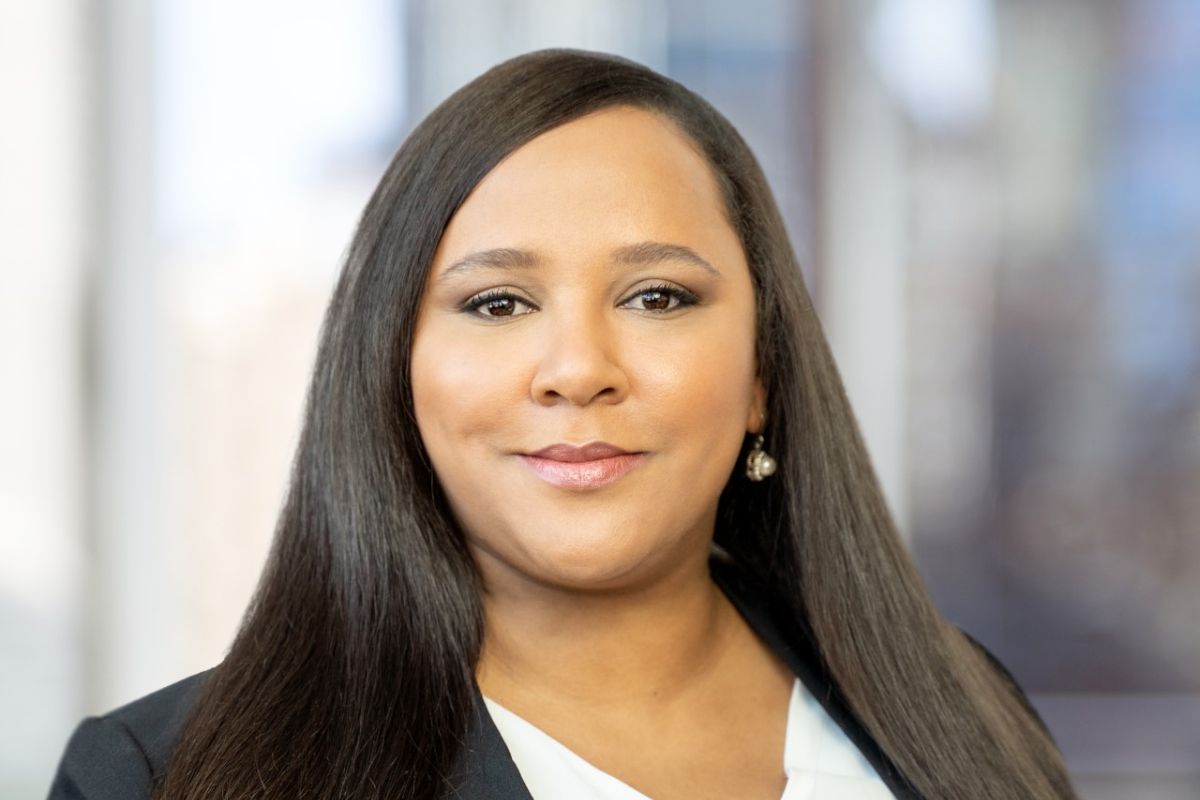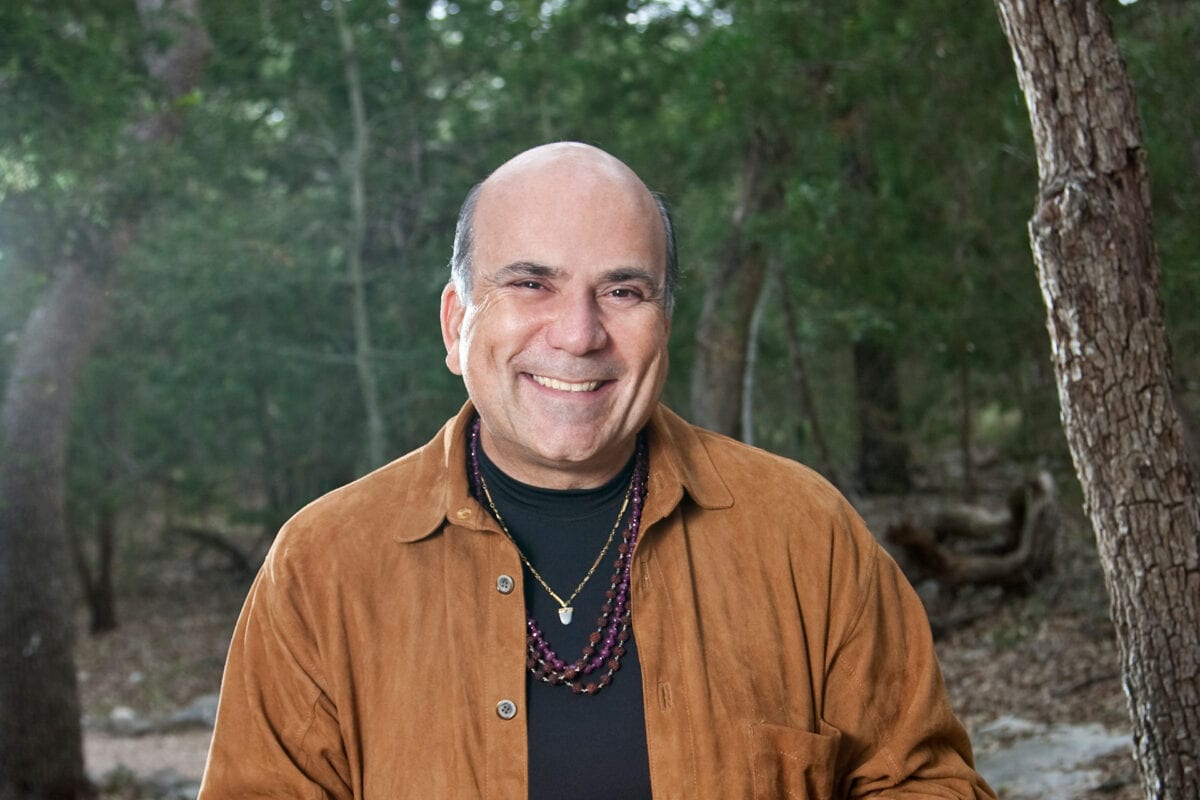Photo courtesy of Meryl Afrika.
When Meryl Afrika arrived in Canada from South Africa in 2009, she needed a place where she could access financial services, networking opportunities, and professional development courses. That led her to the Canadian Association of Urban Financial Professionals (CAUFP). CAUFP provides a link between corporations and Black communities through programs and events that facilitate economic growth and education. Afrika started attending events, then volunteering — now she’s President Emeritus and Chair of CAUFP’s advisory board. She specializes in implementing business growth strategies.
What are some of the challenges the members of CAUFP experienced during the pandemic?
In terms of finances, I think people are having a reckoning. People are really starting to think about their financial futures. So, how do we better educate them on financial literacy? That’s been a big ask from us. Also, because a lot of companies are championing diversity and mandating it in the wake of George Floyd’s murder, they’re trying to reach these targets by putting folks into executive positions.
We find that a lot of our members are stuck in middle management. So, how do we give them career coaching at an affordable price? Some people aren’t investing in themselves because they’re not earning that much; that’s another area where people have been struggling. We’re trying to fill the gap, to provide them with the tools so that they can excel within their careers at these organizations.
When you hear from your members, what are some of their biggest financial concerns?
For the majority of them, especially millennials, it’s homeownership. That’s a big thing too because the majority of them are based in Toronto. How do I afford a home in this crazy environment, when I’m not making that much money? That’s the question. We’ve had a lot of conversations around helping people understand how they can get into the market, like maybe going through the pre-construction route to home or condo ownership.
Retirement planning has been big as well. A lot of people don’t talk about the fact that insurance companies are predicting that people will be living to 100 on average. When we’re doing retirement planning, we’re thinking, “I plan to live until about 85.” Nobody’s talking about the fact that you’re probably going to live 20 years beyond that, so you need to think about your retirement planning like that.
What advice would you give a new company on their financial planning?
Something I’ve noticed with Black-owned businesses is that we’re culturally afraid to take on debt. I think for new entrepreneurs or smaller businesses, it’s important to understand how to leverage debt because it’s not necessarily the enemy. It’s something entrepreneurs need to learn in terms of their own financial journey because that debt can be leveraged to help you grow, if you know how to maximize it.
For example, leveraging your line of credit to purchase new assets or stock in order to grow your business and make revenue. Then, hold on to your liquid cash in a reserve where you’re either earning interest on it or you’re keeping it in case of emergencies.
When the interest rate is low, you’re not paying what you would’ve been paying on that debt, so that’s when it makes sense to leverage that to your advantage. It makes more sense then, versus times where the interest rate is higher, than what you would recoup on whatever vehicle you’re using to earn interest.
How do you ensure that the key pillars of CAUFP — professional development, networking, youth engagement, and financial literacy — empower Black professionals?
A lot of what we do is bringing professionals and people with experience in certain areas together to educate our members in a safe space. We also have standard programming throughout the year, and every year, we host a youth summit. That summit brings in hundreds of students from across Canada, and it’s an opportunity for them to learn about careers across sectors they might not have access to. Plus, we bring in recruiters who’re actively looking at companies seeking to hire Black talent.
Certain partners will reserve roles for BIPOC talent, and they come to us to source that. Or they’ll report that they’ve hired, interviewed, or mentored X number of students from the summit. So, there’s a little bit more accountability than just writing a cheque. We do the same thing with the mid-level professionals.
We do a lot of speaker series where executives come and talk about either their personal success stories or they’ll talk about whatever’s trending in finance, for example.
Why is it important to connect the Black community with these corporations, mentors, and networks?
We’re three per cent of the population. We’re here. We exist. We’ve been ignored for a long time, so it’s important that they engage with us because we consume their products. And as immigration increases, more racialized people are going to come, which means that percentage will likely increase. Companies have to position themselves as an employer and service provider of choice to this demographic.
The other piece is understanding what the jobs of the future are. Most Black people are taught to go to university and pursue a traditional career like doctor or engineer. But if you have an affinity for tech and you’re a law student, how do you become an M&A lawyer for the fintech space? These are spaces that are becoming interesting and popular that people can get into while pursuing a traditional career. But sometimes, nobody’s talking about this with Black youth unless they’re in a club or they know someone who works in that field. It’s important for us to know what the hot jobs and skills are for the future.
Marcus Medford | Contributing Writer




















